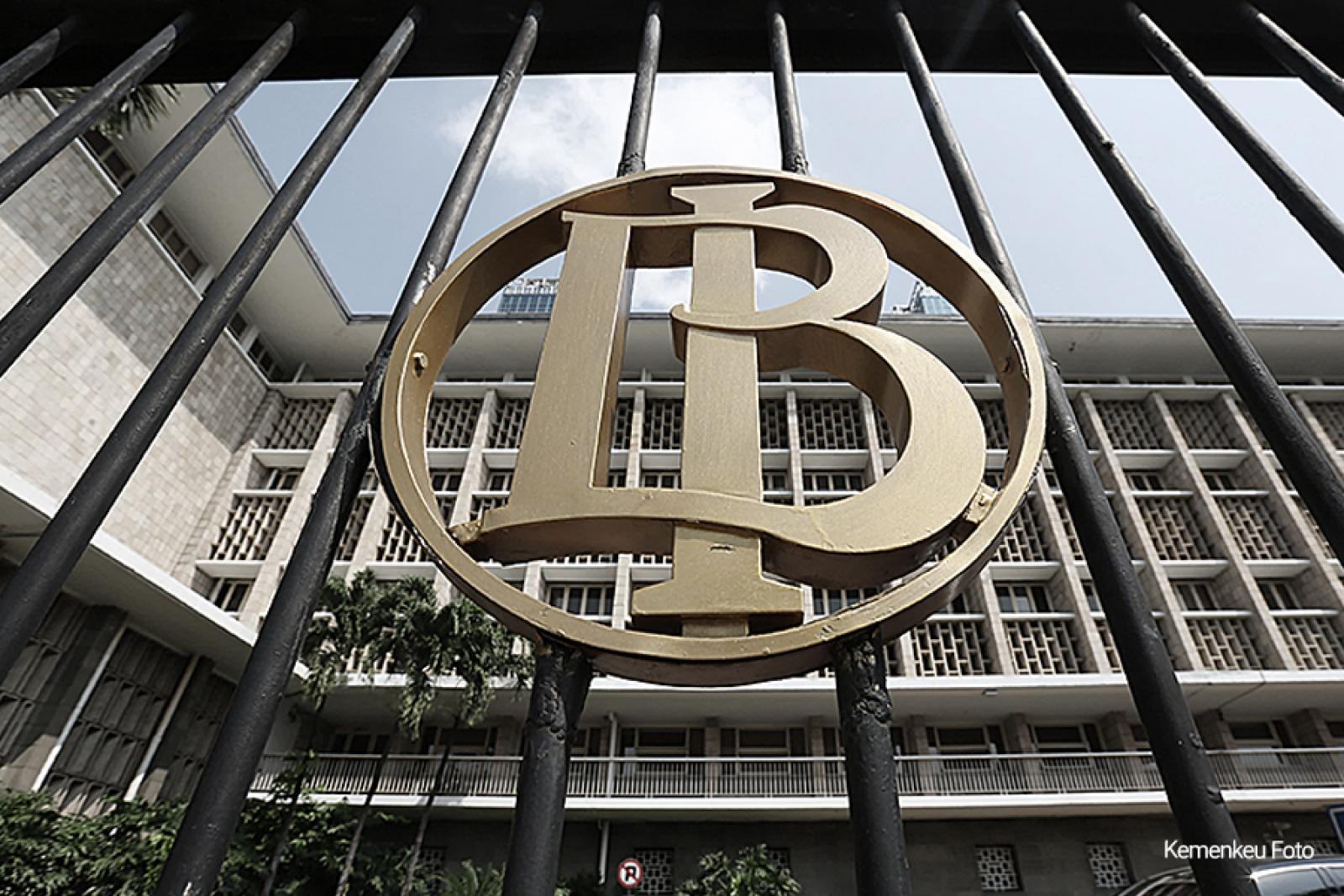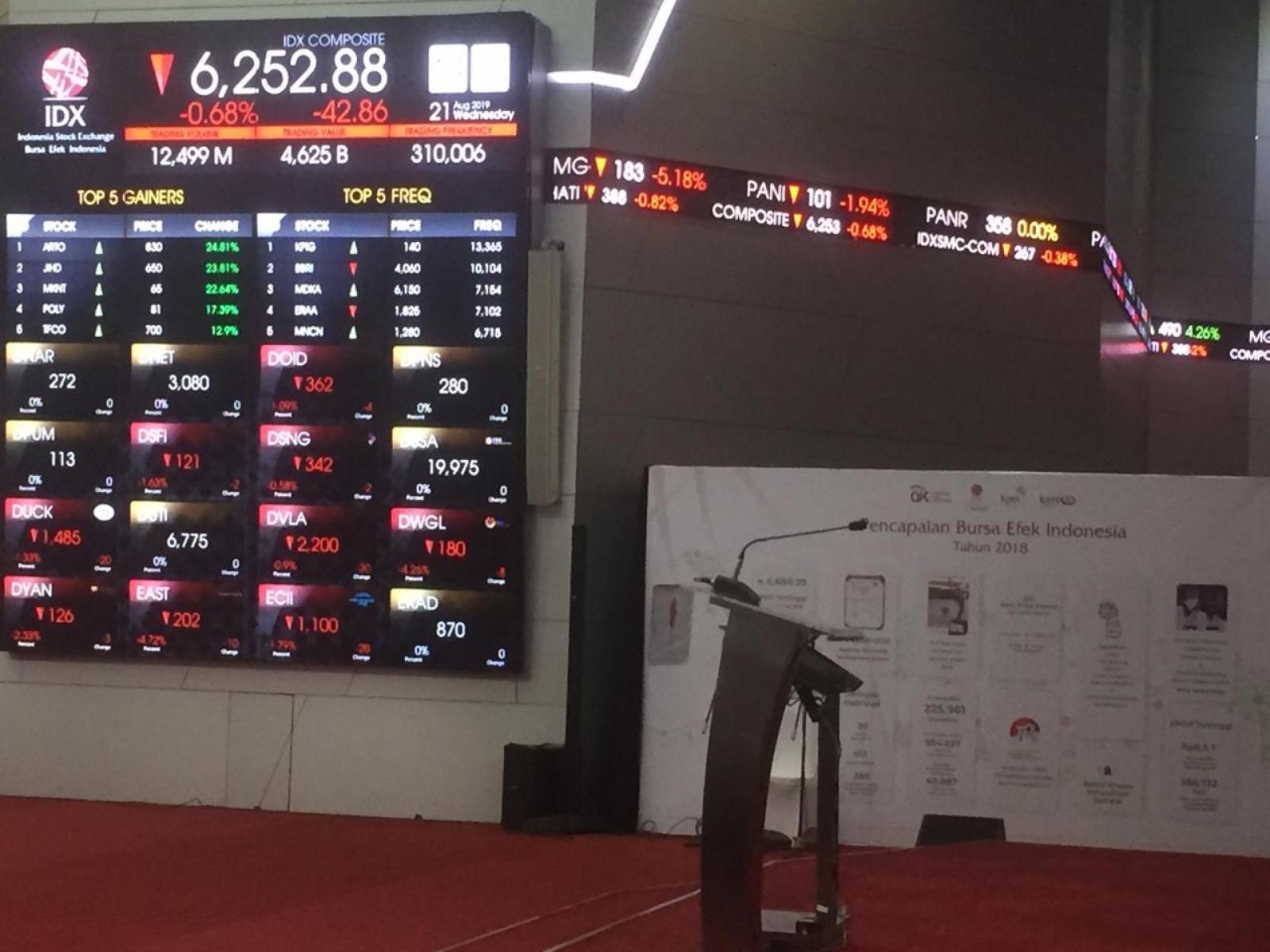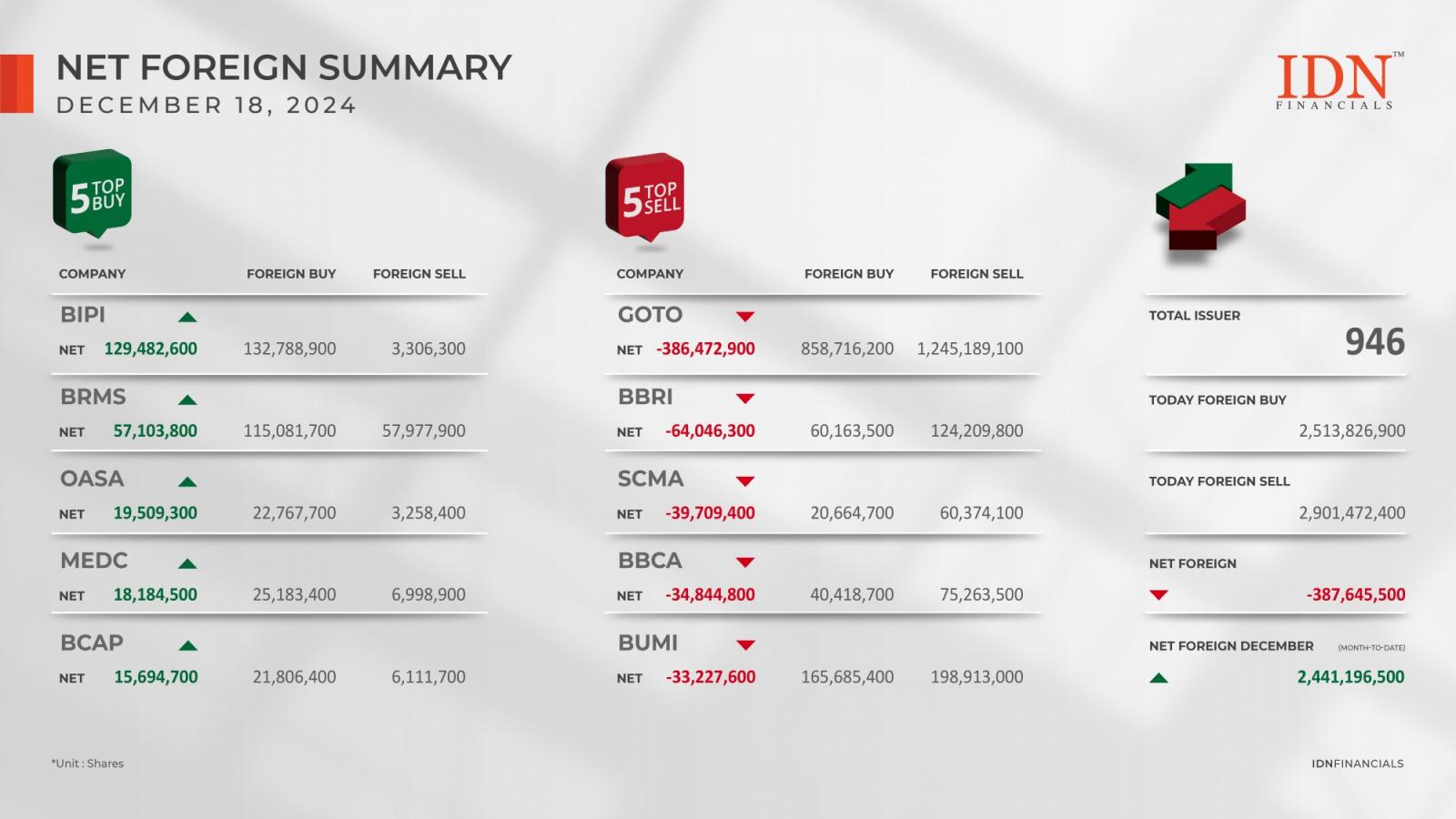
Germany\'s private sector slipped into contraction in July due to the deeper decline in manufacturing and slower growth of services activity, flash survey results from S&P Global showed on Wednesday.
The HCOB composite output index dropped unexpectedly to 48.7 in July from 50.4 in June. The reading was seen at 50.7.
\"This looks like a serious problem,\" Hamburg Commercial Bank Chief Economist Cyrus de la Rubia said. \"Germany\'s economy fell back into contraction territory, dragged down by a steep and dramatic fall in manufacturing output,\" de la Rubia added.
The hope that manufacturing sector could benefit from a better global economic climate is vanishing into thin air, said de la Rubia. The economist said the German economy will shrink 0.4 percent in the third quarter.
\"While it is still early days and many data points are yet to come, the second half of the year is starting on a very weak note,\" the economist added.
The services Purchasing Managers\' Index registered a four-month low score of 52.0 in July, while it was expected to remain unchanged at 53.1.
The manufacturing PMI plunged unexpectedly to 42.6 from 43.5 a month ago. The expected score was 44.0.
Total inflows of new business fell across the private sector, owing to the weakness in manufacturing new orders. On the other hand, service sector new business rose for the fourth month in a row, albeit at a slower pace amid a renewed fall in demand from non-domestic customers.
Backlogs of work fell across both sectors in July. Outstanding business decreased the most since February.
At the composite level, employment reported the steepest fall since August 2020 as workforce numbers in the manufacturing sector posted the steepest drop since March. Services firms also reduced staffing levels.
Turning to prices, the survey showed a moderate uptick in input cost inflation. Input cost inflation remained below its long-run average.
Average prices charged by businesses grew at a slower pace. The rate of inflation weakened since June due to the slowest rise in service sector output prices for more than three years. The rate of decrease in factory gate charges was the weakest since January.
There was a marginal improvement in business expectations in July, underpinned by a rebound in services confidence, with manufacturing growth expectations moderating to a four-month low.





